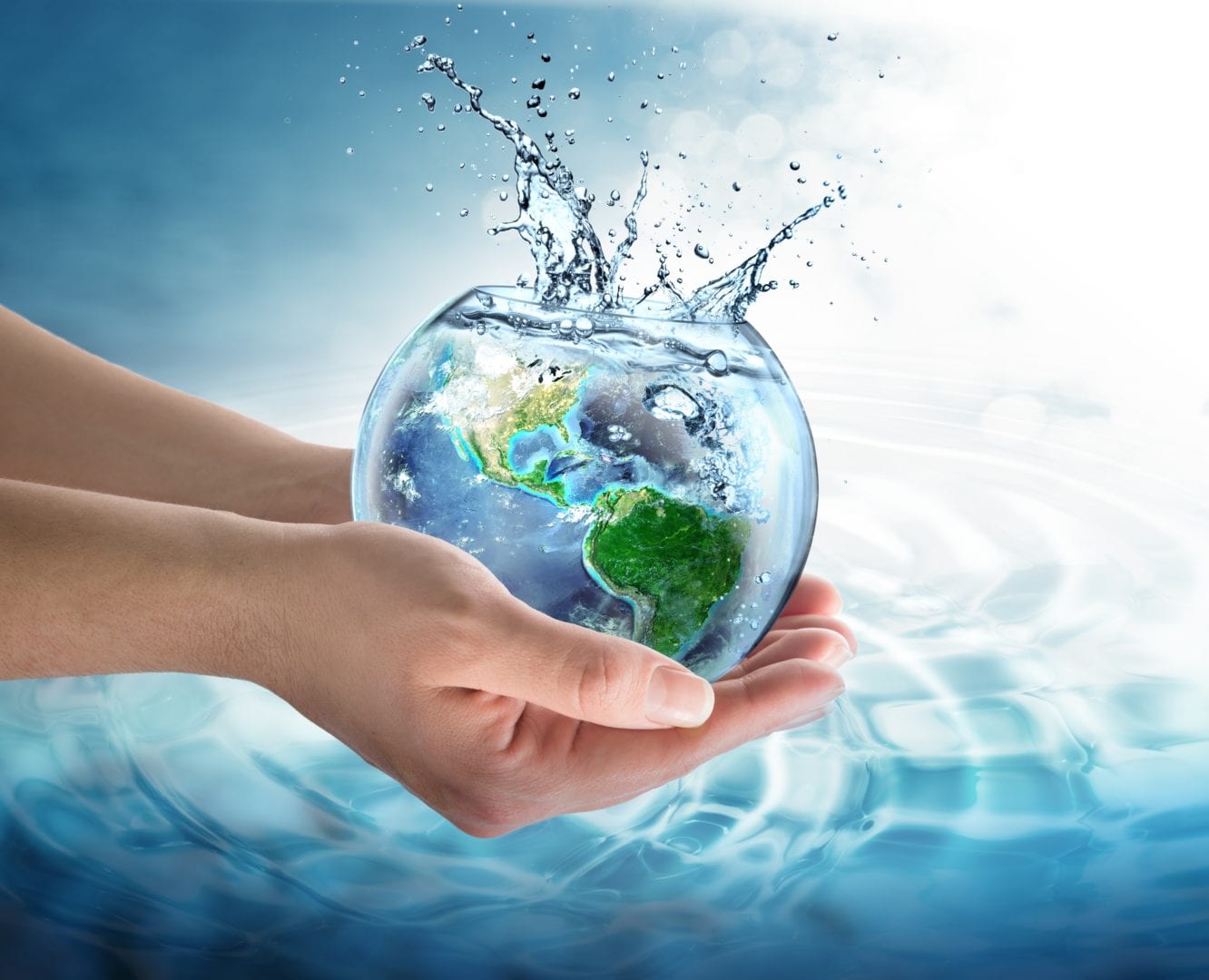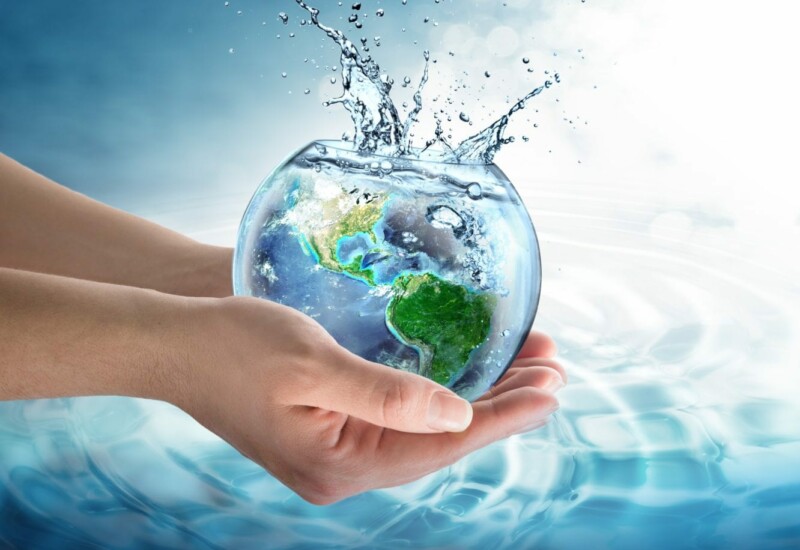 The Cape Town International Convention Centre is continuing to play its part in reducing water consumption and has implemented initiatives to further curtail its use of potable and irrigation water. Over the past year the CTICC has:
The Cape Town International Convention Centre is continuing to play its part in reducing water consumption and has implemented initiatives to further curtail its use of potable and irrigation water. Over the past year the CTICC has:
- Reduced the toilet cistern water-holding capacity by 20% in all ablution facilities;
- Replaced butterfly shutdown valves to reduce the water supply to cooling towers by 20%;
- Water leaks are treated as emergencies and once detected are immediately dealt with by the CTICC’s in-house maintenance team;
- Replaced the corroded main water supply.
In addition to the above, the CTICC has recently installed two water storage tanks to harvest grey water from several of its ablution facilities to be used for landscaping.
In February 2017, the City of Cape Town introduced level 3B water restrictions, and Provincial and City authorities have called on National Government to declare the Western Cape a disaster area due to the drought conditions. The value of water and the need to save water will once again be highlighted during National Water Week this week, which culminates in World Water Day on 22 March 2017.
The water storage tanks are installed in the CTICC’s P3 parking area – where the highest rate of water can be collected – and captures grey water from the hand wash basins within the ablution facilities in the building. The two tanks have a storage capacity of 5 000 litres each. The centre’s operations and maintenance department identified the appropriate grey water pipes and its common exit points before it ties into any sewer line. Meters will be connected to the tanks to measure the amount of water captured. The harvested grey water will be used to irrigate landscaping within and surrounding the CTICC. The centre also reduced the flow rate of its basin tap water in all of its ablution facilities.
“The current state of the Western Cape water crisis was a definite motivator to install the tanks. The volume of water we harvest will be determined by the size and number of events taking place. The centre will continue to seek ways in which to minimise its water use, and continues to be committed to observing the level 3B water restrictions. We are also serious about sustainability and are looking into viable initiatives that can be established as long-term business practices to reduce our environmental impact,” said CTICC Chief Executive officer Julie-May Ellingson.
While the tanks have been installed during the water restrictions period they will continue to form part of the centre’s standard environmental sustainability practices beyond the current emergency.
“Saving water is a particular concern to us. As a result of water saving initiatives, the CTICC, over the last financial year, reduced the centre’s water consumption by 5% and now uses 10 million litres less water per year than it had five years ago,” said Craig Barrington GM: Facilities and Operations.
The CTICC will next install sub-metering to further track its water usage and enhance its ability to detect leaks throughout the building. It is also rolling out an awareness campaign to educate staff and visitors on water saving actions they can implement at home and in the workplace.
For more information, contact the CTICC’s Corporate Communications Manager, Susan Davis, at +27 21 410 5000 or media@cticc.co.za.







